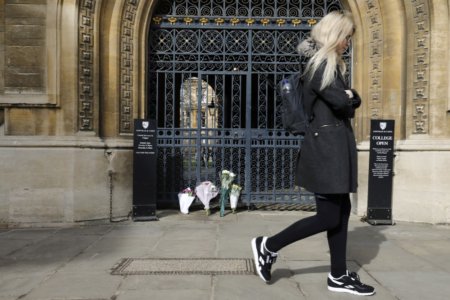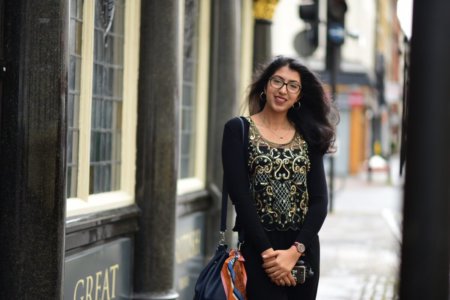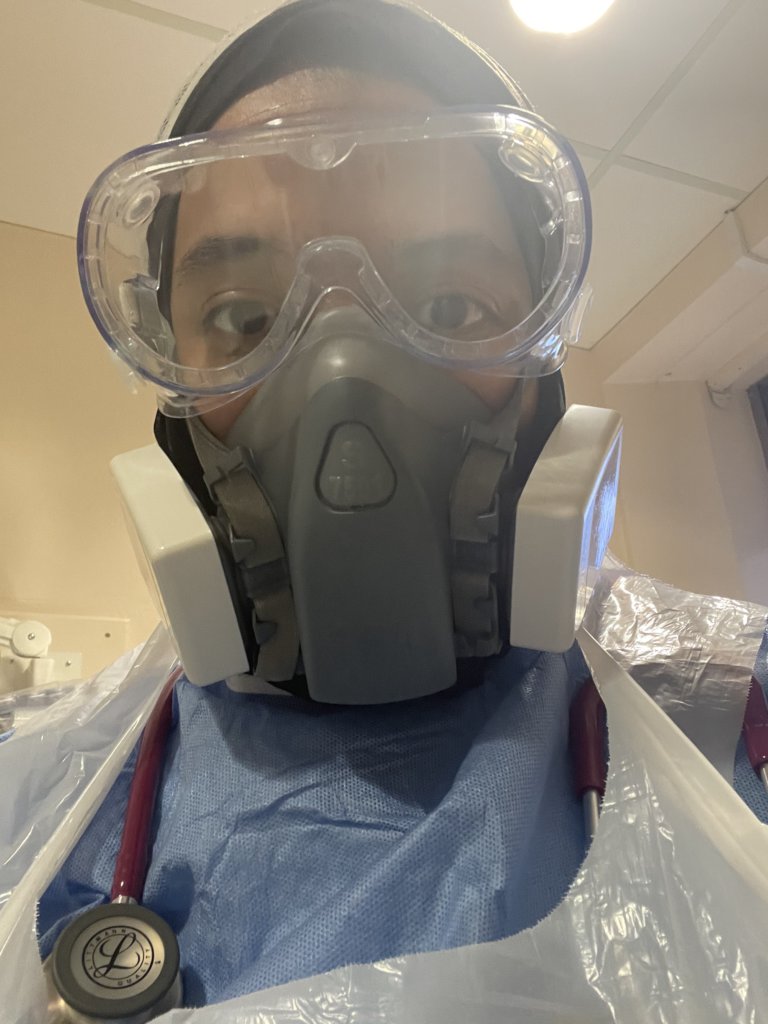
Malaysian Nurul El Nahta earned her bachelor’s in physiotherapy at Sheffield Hallam University and, not long after, she managed to secure a job in the NHS. As that was 2020, that thrust her to the pandemic’s frontlines. Although she started as an orthopedic physiotherapist, she was later redeployed as a respiratory physiotherapist when COVID-19 struck. Today, she works within the ICU and respiratory ward.
Her dream is to set up a multidisciplinary clinic and an NGO to provide physiotherapy services to the less privileged. For now, she shares her thoughts on what it’s like working in what’s known as the best healthcare system in the world, her academic journey and her advice for those seeking the same path as hers:
Why did you choose to pursue physiotherapy at Sheffield Hallam University?
From an early age, I’ve always been fascinated by the works of a physiotherapist. When my grandmother was admitted to a hospital’s rehab centre, I spent a lot of time attending to her needs — an experience opened my eyes.
Society generally perceived physiotherapy merely as a field that offers massage care. However wit goes way beyond that. It also involves caring for patients with functional disabilities, providing respiratory care and advocating for good mental health and physical wellbeing.
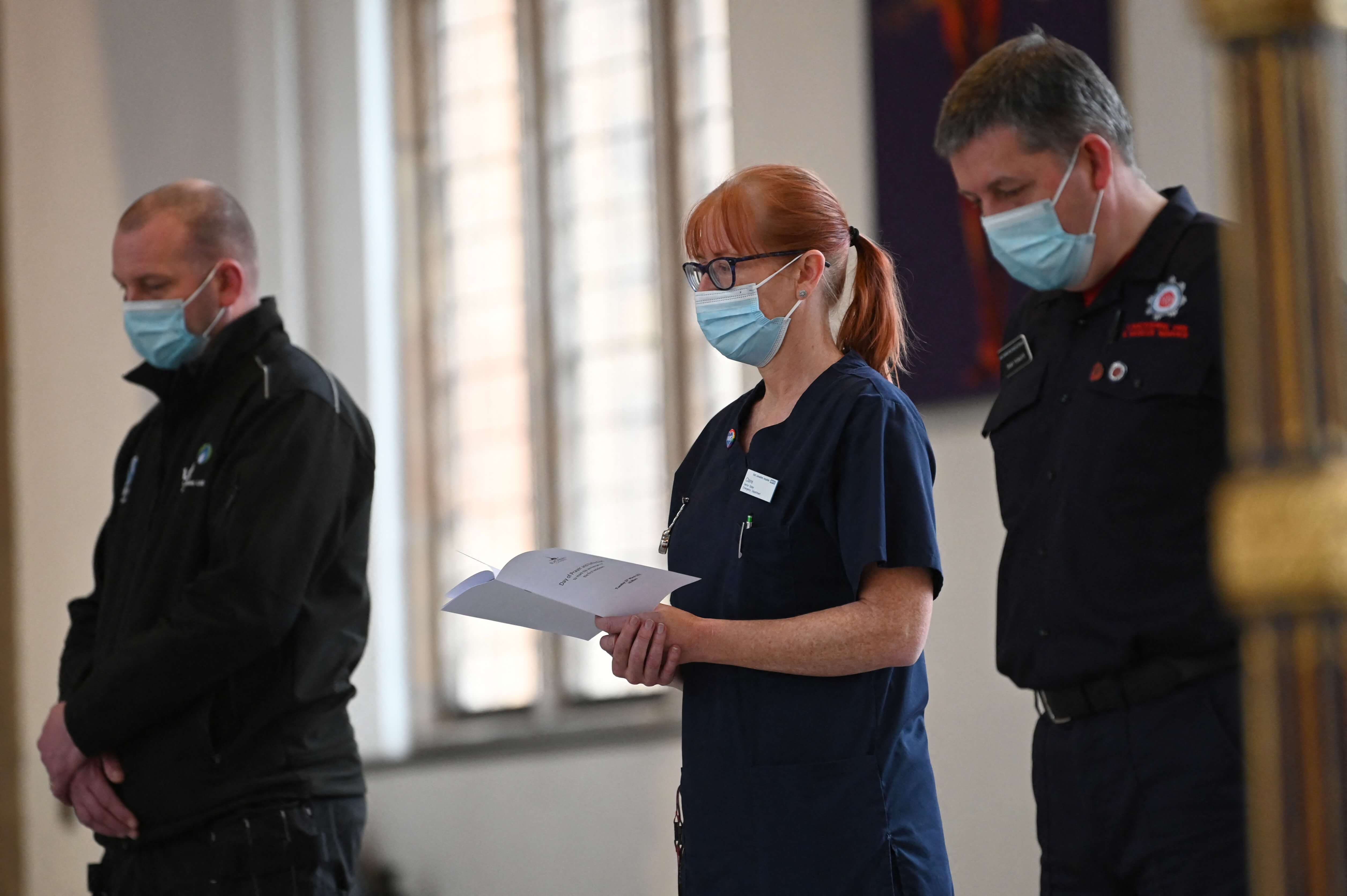
An NHS nurse and firefighters prepare to light 4,161 candles representing each death from COVID-19 in Lancashire county. Source: Paul Ellis/AFP
I decided to pursue my bachelor’s in physiotherapy at Sheffield Hallam University because they offer an extensive network of placement opportunities across the country along with completing a placement abroad. Furthermore, the employability programme introduced in the final year ensures students can secure a job before graduating.
Tell us more about your career trajectory since graduating.
During my final year in September 2019, I started to apply for jobs in December and thankfully I secured my first job as a Rotational Band Five two months after with Barts Health NHS London Trust. If you watched the news recently, Prince Philip was admitted to our hospital.
I started as an orthopaedic physiotherapist. However, the pandemic pushed us into the second lockdown and I had to be redeployed as a respiratory physiotherapist to work on the frontline. Currently, I am working within the ICU setting as well as the Respiratory Ward.
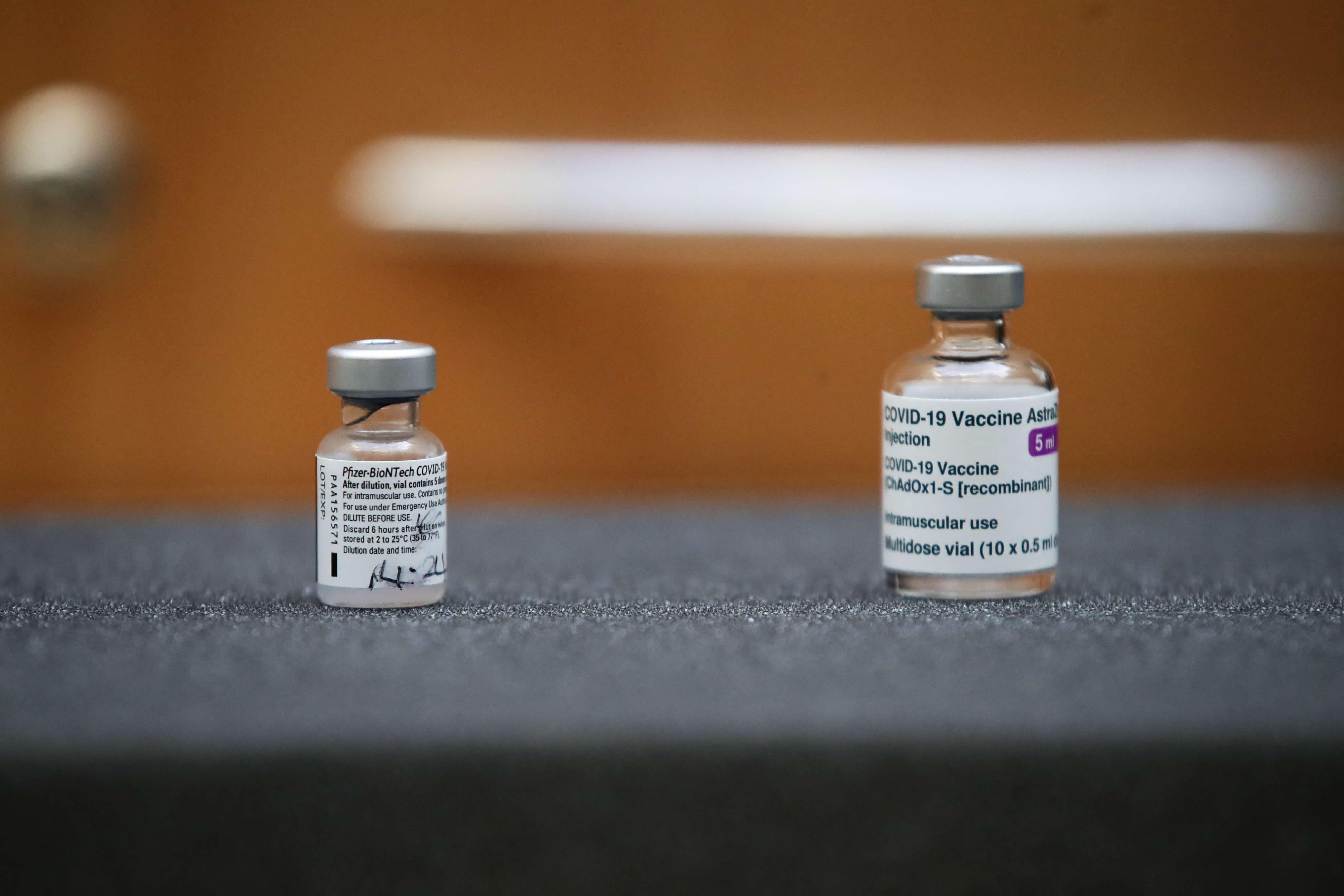
The first-ever vials of the Pfizer/BioNTech and AstraZeneca/Oxford COVID-19 vaccines are displayed during a visit by Britain’s Prince Charles. Source: Aaron Chown /AFP
Alongside my work, I am also taking a diploma in sports medicine by FIFA which will one day allow me to work with FIFA Football players. By the end of this year, I am hoping to move up the career ladder by securing a Rotational Band 6 job and hopefully set up my own rehab centre in a couple of years.
How do you use the knowledge and skills gained at uni in your current job?
Being in healthcare means I need to constantly learn and read a lot of articles because the field is ever-changing. Every day there is a new discovery within the medical field which means we have to change our approach.
Some of the things learned in the first year are no longer relevant in today’s age which is why it’s important to continuously develop myself. As for my skills, we were taught transferable ones like problem-solving, critical thinking, being a team player, leadership skills and confidence.
Do you get to apply the theories you gained in your current job role?
Essentially, uni prepared me for the three main elements of physiotherapy: neuro-rehab, cardio-respiratory care and musculo-sports rehab. Last month, I had the opportunity to apply my “deep suction” theory on two of my patients, one with tracheostomy and the other was tetraplegic.
The latter had severe scoliosis which was the cause of underdeveloped lungs, and therefore had breathing compromisation. Initially, I tried to do deep suction orally but the patient could not tolerate it and I had to proceed with deep nasal suction. This was scary at first because I was simply applying the theories into practice and hoping for the best.
But thankfully, because of the supportive team, my senior colleagues were willing to accompany me and provide moral support by standing next to me throughout the whole procedure.
What skills or knowledge do you wish you had learned more of during uni?
It would definitely be ICU knowledge because the pandemic has pushed a lot of patients to be on the ventilator. One of the physiotherapy roles is to wean patients off it, but unfortunately when I was redeployed, I did not have much knowledge on ventilator settings or weaning.
This made it slightly challenging to adapt to the new environment and made me question whether I was providing the right care for my patients. I would go home every night and struggle to sleep because whenever I heard a patient passed away, I would think “Is it my fault?” However, after I expressed this concern to my senior colleague who managed to enrol me into a COVID-19 ventilator introduction course, I would say I am more confident and competent.
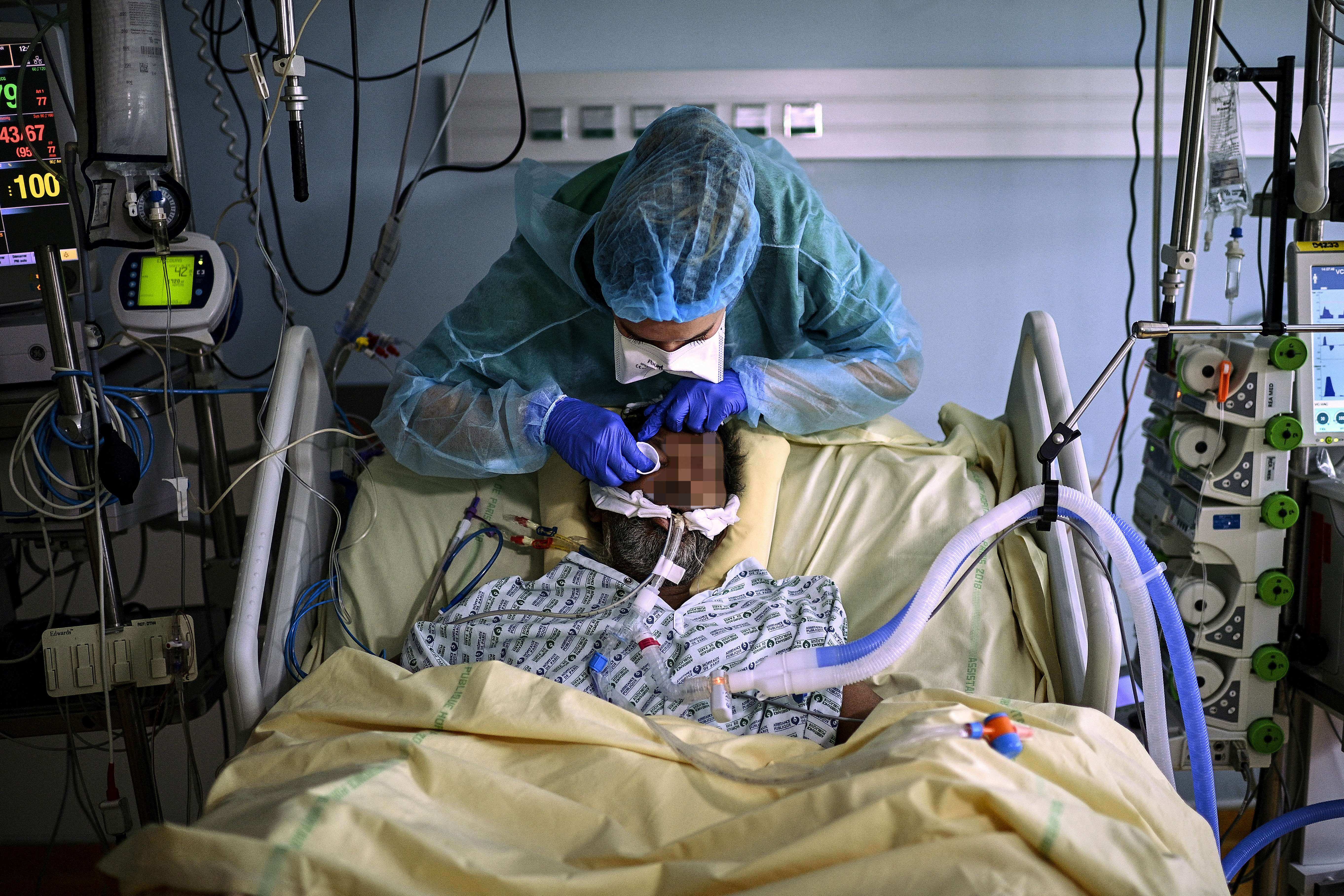
A nurse provides treatment to a COVID-19 patient under respiratory assistance, in a room of the intensive care unit. Source: Christophe Archambault/AFP
What advice do you have for international students who are planning to enrol in the same course as yourself?
To my fellow juniors, find your passion! That will really help with your career pathway. Second of all, prior to applying, I highly encourage you to shadow a physiotherapist because it will give you a bigger picture of it. When you are following them around, don’t be afraid to bombard them with questions and ask them for hands-on opportunities. This will help with your learning and development curve.
Lastly, be confident in yourself that you are applying for an amazing course and if anyone tries to tell you otherwise — like calling you a massage therapist — you can send them my way. I can guarantee I will change their perception.
What do you see yourself doing in 10 years?
Ideally, I would like to return to Malaysia and set up my own physiotherapy clinic that employs a multidisciplinary approach. Along with that, I aim to establish an NGO that will provide physiotherapy services to underprivileged communities. I am excited for what the future holds and I hope I am able to achieve this lifelong dream of mine!








